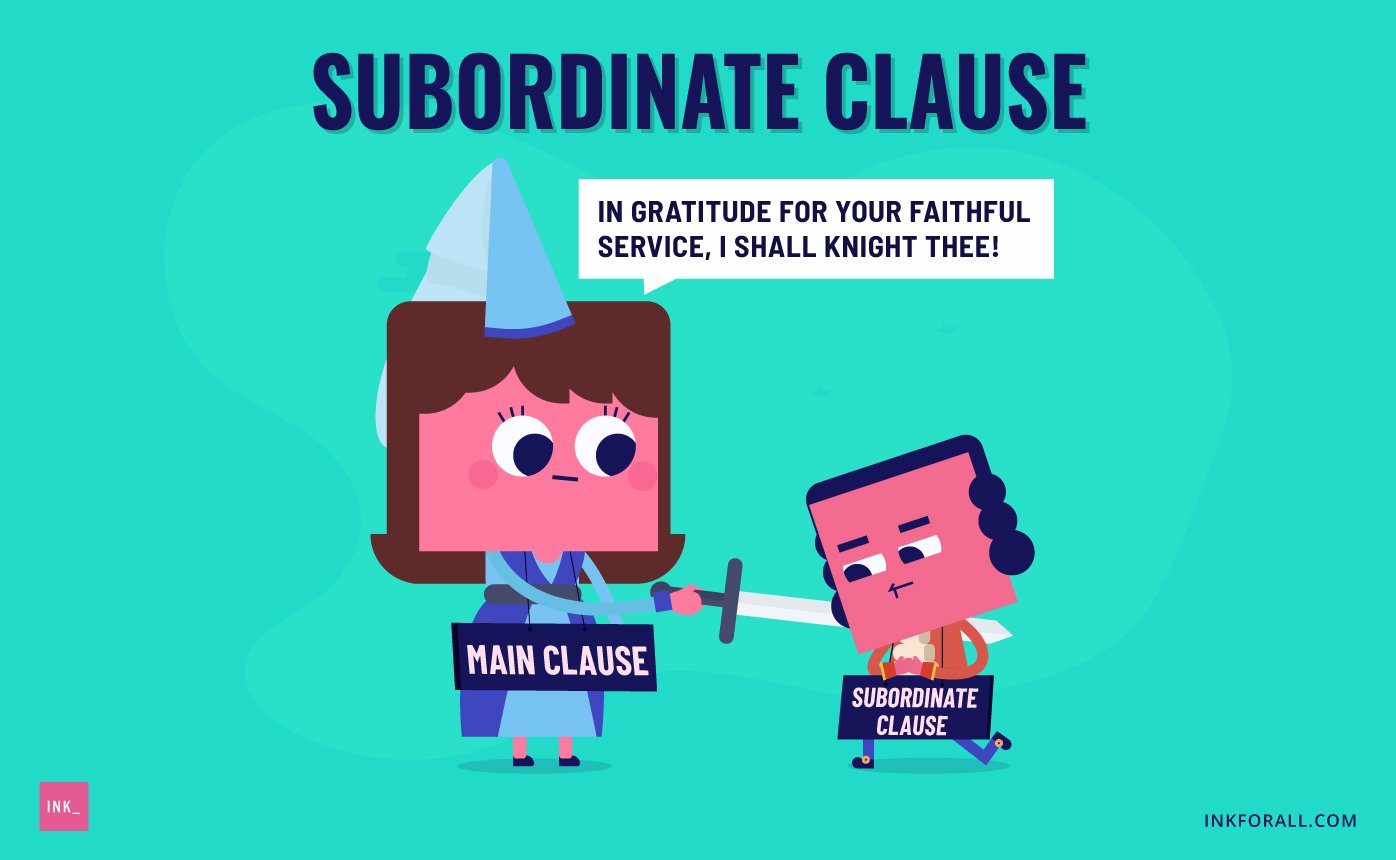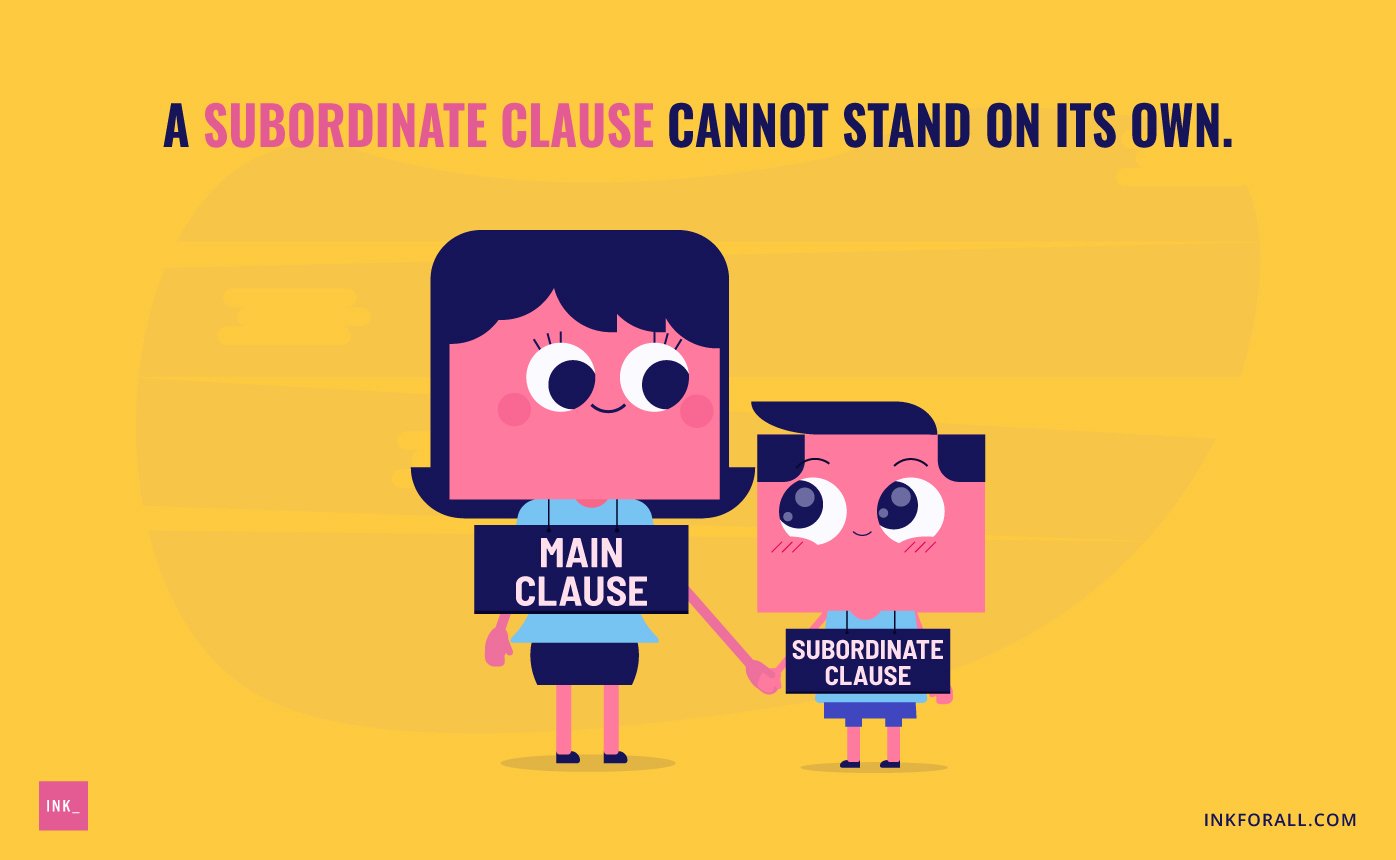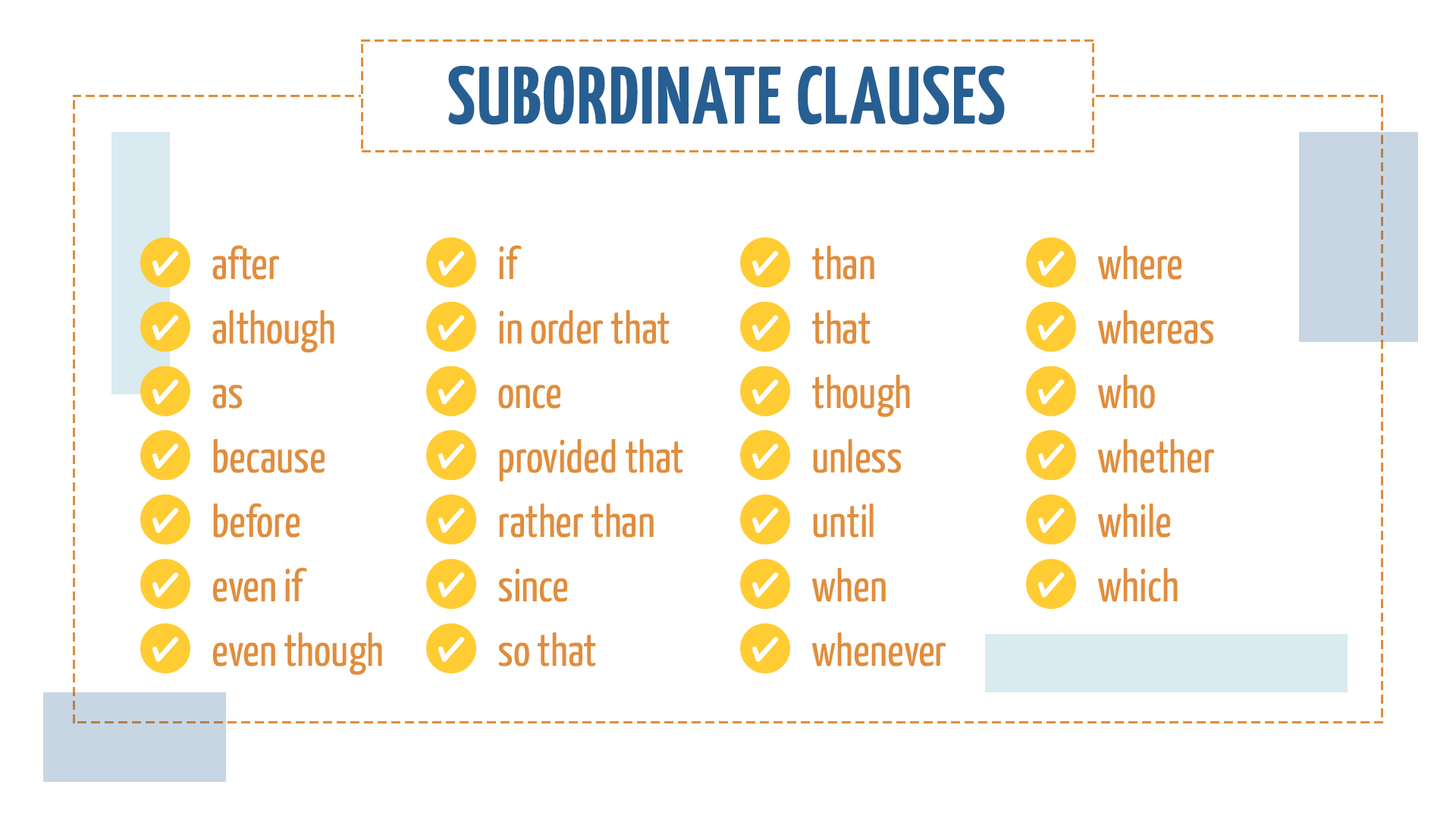Have you ever stopped to think about the words we use every day, especially when talking about people at work? It's a bit of a curious thing, how some words, which seem pretty harmless on the surface, can actually carry a lot of weight or even rub someone the wrong way. One such word that often sparks a bit of a discussion is "subordinate." You might wonder, "Is subordinate offensive?" It's a fair question, and the answer, as with many things related to language, isn't always a simple yes or no. People are, you know, really starting to look closer at how we talk to and about each other in professional settings, so this kind of thought is quite timely.
The way we speak, it truly shapes how we see others and how they see themselves. When we use certain terms, we can, in a way, build up or accidentally tear down connections. Thinking about a word like "subordinate" means looking at its roots, how it's been used over time, and most importantly, how it makes people feel right now. This conversation is pretty important for anyone wanting to create a more welcoming and respectful place to work, honestly.
This article aims to explore the various sides of "subordinate," drawing from its basic definitions to its modern-day impact. We'll look at why it might sometimes feel a bit off, what the alternatives are, and how we can all just communicate a little better, don't you think? It's all about making sure our words help, rather than hinder, good relationships among people who work together.
Table of Contents
- What Does "Subordinate" Really Mean?
- The Shifting Feel of Language: Why Connotation Matters
- When "Subordinate" Can Feel a Bit Off
- Better Ways to Talk About Team Members
- Making Workplace Talk More Thoughtful
- Frequently Asked Questions About the Word "Subordinate"
What Does "Subordinate" Really Mean?
To really get a handle on whether "is subordinate offensive" has any truth to it, we should, first of all, look at what the word actually means. My text tells us that the core meaning of "subordinate" is "placed in or occupying a lower class, rank, or position." It's about having "a lower or less important position" than someone else. So, in a very straightforward sense, a subordinate is "a person who has a less important position than…" or "someone who works for someone else." This is, you know, the dictionary definition, pretty much.
The word can also act as a verb, which is interesting. My text explains that "as a verb, to subordinate means to place or rank one thing below another." Think about it: "When you're doing a group project, sometimes you have to" put one task below another in importance. It's about order, or putting things in a hierarchy. This meaning, in a way, focuses more on the action of placing something lower, rather than just describing a person.
There's also a grammatical side to it, too. My text mentions that "in grammar, a subordinate clause is one that cannot stand alone as a complete sentence, similar to how a subordinate relies on a superior." This comparison helps us see the idea of dependence or reliance built into the word's structure. It's about something that needs something else to be complete, which, you know, really highlights the idea of a lower position or reliance.
The text also gives us some synonyms, like "lesser," "less," "smaller," "lower," "junior," "small," "minor," and "inferior." And the antonyms include "higher," "more," "greater," "major," "senior," "primary," "superior," and "prime." These lists, actually, really show the spectrum of meaning, from being at the bottom to being at the top. So, fundamentally, the word is about rank or importance, often in relation to something or someone else.
The Shifting Feel of Language: Why Connotation Matters
Now, while the dictionary meaning of "subordinate" is quite clear, the real question of "is subordinate offensive" comes down to something else entirely: connotation. My text very importantly states, "The use of the word can vary in connotation." This means that even though the basic definition is about rank, the feeling or extra meaning attached to the word can change a lot depending on who's saying it, who's hearing it, and the situation they're in. It's not just what the word means, but how it feels, you know?
Consider this: My text mentions, "In some societies women are still subordinate to men." While factually describing a societal structure, the word here carries a very heavy feeling of inequality and disempowerment. It's not just a neutral description of rank; it's a description of a power imbalance that many people would find unfair or even wrong. This example, in a way, really shows how a word can take on a much deeper, sometimes negative, emotional charge.
The feeling a word gives off can change over time, too. What was once a neutral term for a position might, you know, start to feel outdated or even demeaning as society's views on power and hierarchy shift. People are, quite frankly, becoming more aware of how language can affect dignity and respect in the workplace. This ongoing conversation, you know, really shapes how words like "subordinate" are perceived today.
So, the literal meaning of "subordinate" might be about being in a lower position, but its connotation, its emotional baggage, can sometimes imply something more. It can suggest a lack of importance, a lack of autonomy, or even a kind of subservience that doesn't sit well with modern ideas of teamwork and shared contribution. This is, basically, where the idea of it being offensive comes from, in some respects.
When "Subordinate" Can Feel a Bit Off
So, when does "subordinate" start to feel, well, a bit offensive? It often happens when the word is used to describe a person, rather than a task or a concept. When you call someone "my subordinate," it can, you know, subtly diminish their value or agency. My text points out that "subordinate refers to a person or thing that is of lesser or secondary importance, rank, or function in comparison to another person or thing." While technically correct in a hierarchical sense, applying "lesser importance" to a person can sting.
Think about the power dynamics involved. If you're the one using the word "subordinate" to describe someone who reports to you, you're, in a way, emphasizing your higher position and their lower one. This can create a feeling of distance or even a subtle put-down, rather than fostering a sense of collaboration. It might not be your intention, but the word itself carries that weight, pretty much.
The word can also feel off because it sounds, you know, a bit impersonal and formal. In today's workplaces, there's a growing desire for more approachable and human-centered language. Referring to someone as a "subordinate" can sound like you're talking about a cog in a machine, rather than a valued individual with unique skills and contributions. It just doesn't, you know, foster a warm or inclusive atmosphere.
Furthermore, the idea of being "subject to the authority or control of another," as my text explains, can feel quite restrictive. While reporting structures are a reality in most organizations, constantly highlighting someone's "subordinate" status can undermine their sense of ownership and initiative. People generally want to feel like they are contributing members of a team, not just someone who takes orders. So, this emphasis on control can, you know, really be a source of discomfort for some.
Better Ways to Talk About Team Members
Given that "subordinate" can sometimes carry a less-than-ideal feeling, what are some better ways to talk about people who work with or for us? The goal is to use language that builds respect and promotes a sense of shared purpose, you know? Instead of focusing on who is "lower," we can focus on roles, contributions, or simply the relationship. This is, in a way, about choosing words that uplift rather than potentially diminish.
Many organizations are, actually, moving towards terms that emphasize collaboration and team effort. For instance, instead of "my subordinate," you could say "my team member," "my colleague," or "someone on my team." These phrases highlight that everyone is part of a larger group working towards common goals, which is, you know, a much more positive way to frame things. They sound more inclusive, pretty much.
If you need to talk about reporting structures, you can use phrases like "direct report." This term is clear about the organizational line without carrying the same historical or emotional baggage as "subordinate." It simply states who reports to whom, without implying a "lesser" status. So, "my direct report" is a perfectly functional and, you know, less loaded option.
Other good choices include "staff member," "associate," or simply using their name and role, such as "Sarah, our project coordinator." These options are neutral, professional, and don't carry the potential for negative connotation. They just describe the person's position or their role, without, you know, making any judgments about their overall importance. It's about being precise and respectful, really.
For example, if you're talking about someone who works under your guidance, you might say, "I'm working closely with John, who is on my team," or "Jane is a direct report of mine, and she handles X." These ways of speaking are clear, professional, and avoid any potential misinterpretations or negative feelings associated with the word "subordinate." It's, you know, a small change that can make a big difference in how people feel about their place in the organization.
Remember, the aim is to foster an environment where everyone feels valued and respected for their contributions, regardless of their position in the organizational chart. Choosing your words carefully is, honestly, a simple yet powerful way to achieve this. You can learn more about effective communication on our site, which, you know, really goes into detail about these kinds of linguistic choices.
Making Workplace Talk More Thoughtful
Being thoughtful about the words we use in the workplace is, you know, a really important part of building a strong and positive culture. It's not just about avoiding words that might be offensive, but about actively choosing words that build bridges, encourage collaboration, and show respect for everyone. The question "is subordinate offensive" really opens up a larger conversation about the nuances of language and its impact on human connection.
Consider the impact of your words. Even if you don't mean to offend, the way a word is received can be very different from your intention. This is, pretty much, why empathy in communication is so vital. Putting yourself in the other person's shoes and thinking about how they might hear what you say can guide your word choices. It's, you know, a simple step that can prevent misunderstandings and hurt feelings.
Also, staying aware of current trends in workplace language can be helpful. As society changes, so do our sensitivities and preferences for certain terms. What was acceptable a decade ago might not be today, and that's just, you know, a natural part of language evolution. Keeping up with these shifts shows that you're adaptable and committed to creating an inclusive environment. It’s, actually, a sign of good leadership, too.
Ultimately, the goal is to communicate clearly, respectfully, and effectively. If a word like "subordinate" has the potential to cause discomfort or create a sense of hierarchy that undermines teamwork, then it's probably better to choose an alternative. There are, you know, so many other words that can convey the same meaning of a reporting structure without any of the potential negative baggage. This approach helps to build trust and, frankly, makes everyone feel more comfortable and valued at work.
This ongoing attention to language is, you know, a sign of a healthy and evolving workplace. It shows that people care about how they interact and that they want to foster an environment where everyone feels respected. It's a continuous process of learning and adapting, which is, basically, what good communication is all about. For more ideas on how to improve your workplace interactions, you might want to check out this resource on workplace communication, which, you know, really gives some great insights.
And remember, you can always find more helpful articles on building positive workplace relationships right here on our site. Just take a look at this page for more communication tips. It's, you know, all about making sure everyone feels heard and respected.
Frequently Asked Questions About the Word "Subordinate"
Is "subordinate" a rude word to use in a professional setting?
While "subordinate" isn't strictly rude in its dictionary meaning, it can, you know, feel impersonal or even demeaning to some people in a professional setting. Its connotation often highlights a power imbalance or a lower status, which can be seen as less respectful than other terms. It's, honestly, often better to use alternatives that emphasize teamwork or clear reporting lines without the potential negative feelings.
What are some better words to use instead of "subordinate" for employees?
There are many better options that foster a more positive and inclusive atmosphere. You could use terms like "team member," "colleague," "direct report," "staff member," or simply "employee." These words, you know, communicate roles without carrying the same potential for negative connotation as "subordinate." It's all about choosing words that build respect, pretty much.
Why is language choice so important in the workplace today?
Language choice is, actually, very important because it shapes how people perceive each other and the work environment. Using thoughtful, respectful language helps to build trust, improve morale, and foster a more inclusive culture. It can, you know, prevent misunderstandings and ensure everyone feels valued for their contributions, which is, basically, what every good workplace aims for.



